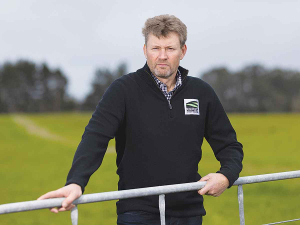Land and water remain the key constraints to growth in horticultural production, HortNZ has told the Productivity Commission.
Of the 5.5% of land available for production in New Zealand, roughly one tenth was subdivided for lifestyle blocks in the last 15 years, says Angela Halliday, manager natural resources and environment.
HortNZ chief executive Mike Chapman is warning that staples of the NZ food basket, such as carrots, potatoes, onions and leafy greens must be a consideration in urban planning.
“Parts of the NZ food supply chain are, in our view, being affected by constraints on production because of competition for suitable land for housing, and access to water,” Chapman says.
“Effects of shortages, or no supply, may result in increased prices for access to food staples such as carrots, potatoes, onions and leafy greens.”
He warns it would be a serious planning failure for NZ to have food shortages and to have to import fresh fruit and vegetables that can be grown here.
A recent Auckland Council report, which investigated growers in the premium vegetable growing area of Pukekohe, south of Auckland, concluded that research needs to look at the consequences of continuing urban growth and rural fragmentation on both the region’s, and the country’s, food growing capacity.
“This will become ever more important as the population continues to grow,” the report says.
Halliday says horticulture is a very efficient high value industry.
For a comparison, 50,000 people are employed in the $7 billion industry, operating on 123,000ha. Dairy returns around $18b and employs 30,000 people on 2.5m ha.
Combined domestic sales of horticulture products exceed $3.4b and with exports of $4.1b the industry exceeded $7.5b for the first time.
Chapman says horticulture needs room to grow, alongside expanding urban areas.
HortNZ made the submission on the Productivity Commission’s draft report Better Urban Planning. The commission’s final report on urban planning is due in Government hands on November 30.











